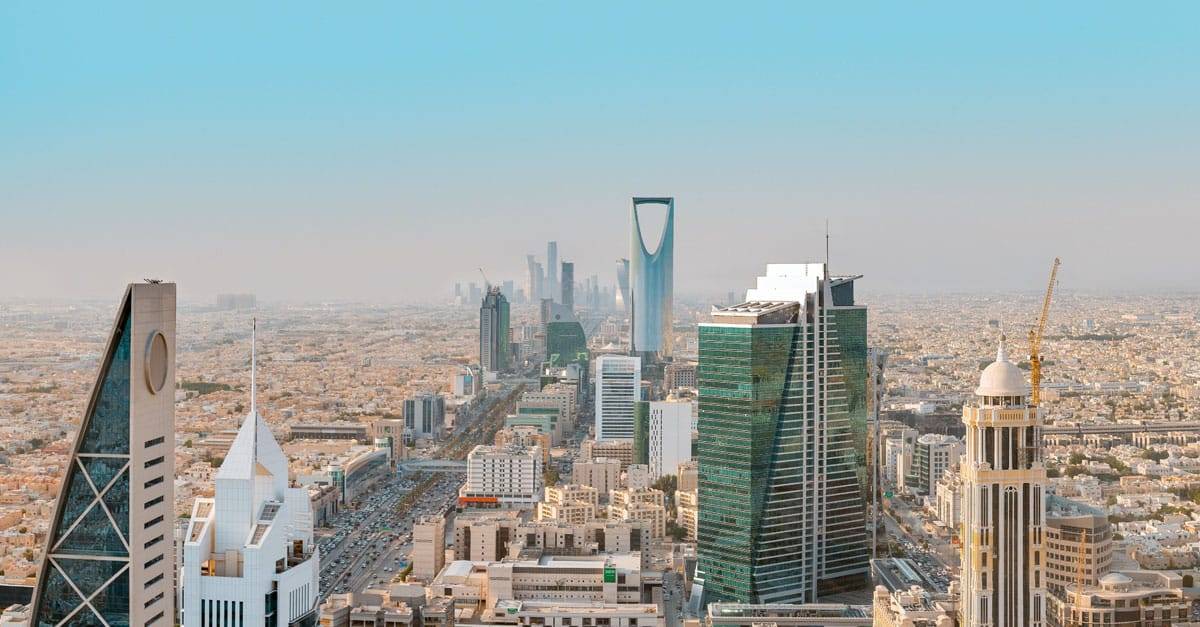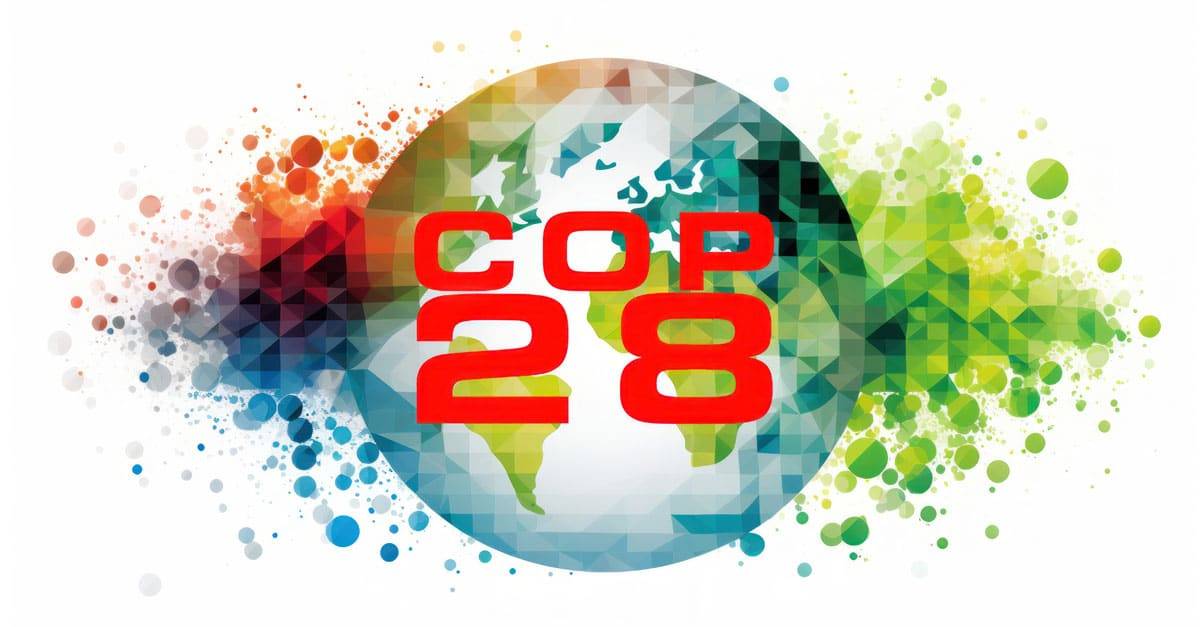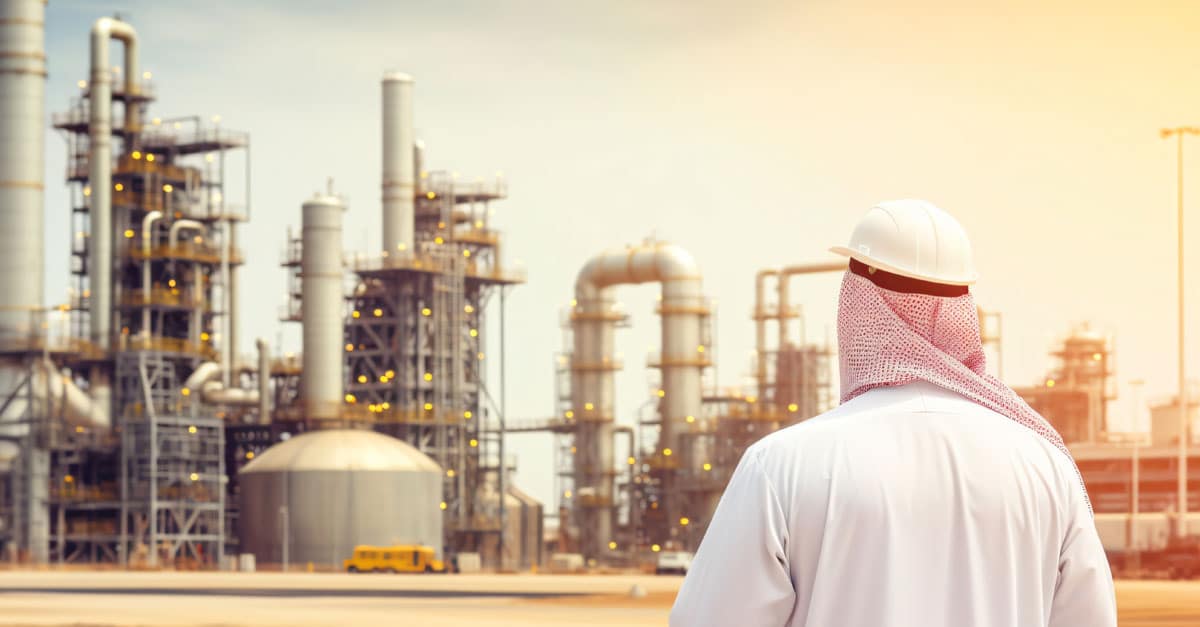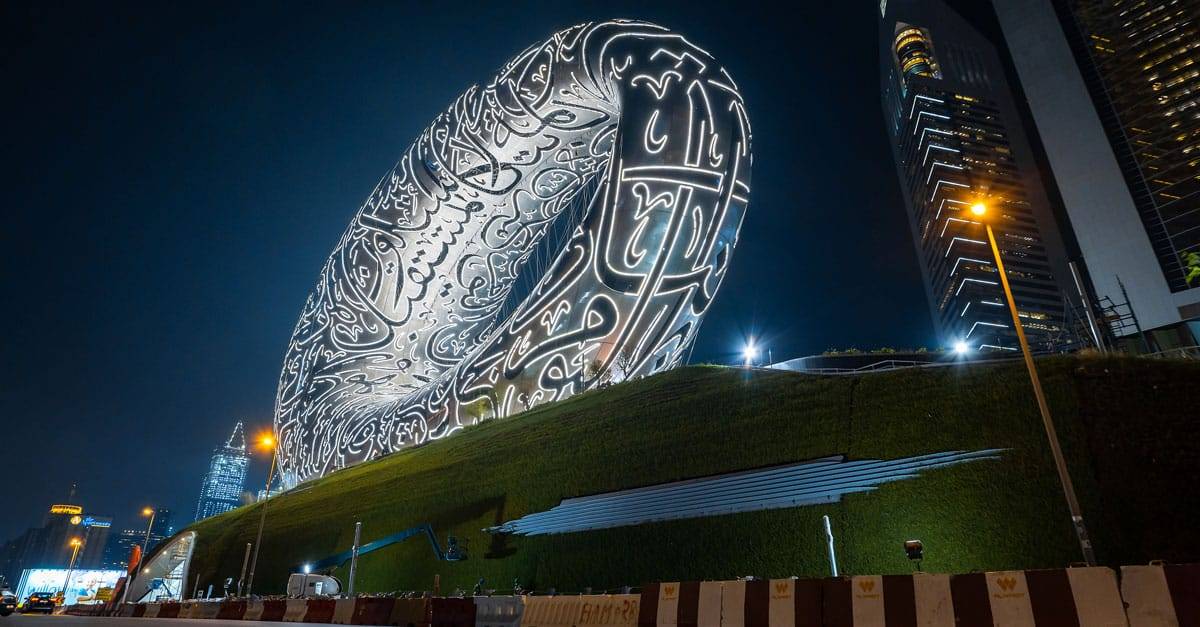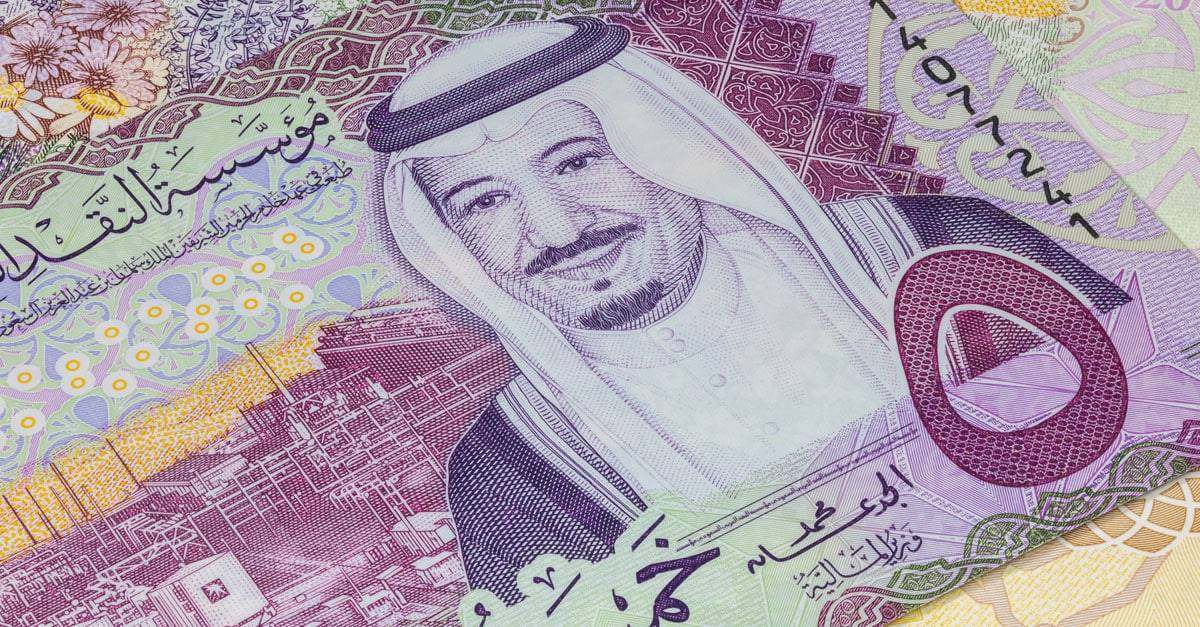In 2025, an estimated 142,000 millionaires will relocate internationally, according to Henley & Partners' latest private wealth migration report. The UK alone faces a net outflow of 16,500 wealthy individuals — the largest exodus any country has experienced since tracking began. Dubai, Switzerland, and Singapore welcome thousands more each year. The Great Wealth Migration, as some call it, is well underway. The result is greater physical mobility without greater asset consolidation. Technology to consolidate the data around diverse assets can bridge the gap.
In recent years, very few global figures have attracted as much attention as Mohammed bin Salman Al Saud. As the de facto ruler of Saudi Arabia, he has become a dominant force in shaping the country's foreign policy, implementing ambitious economic reforms, and challenging social norms. In this article, we focus on the life and political career of Mohammed bin Salman, exploring his rise to power, key policy decisions, and the lasting impact he has had on the kingdom.
At the United Nations Climate Change Conference (30.12.-12-12.2023) in Dubai, the global community made a significant breakthrough. It is the first time in the history of climate conferences, known as "COPs," that all 197 participating countries and the EU have agreed to abandon oil and gas. This was previously solely true for coal. The governments are urged to abandon fossil fuels in their energy systems in the 21-page report that has now been accepted.
Economic growth due to demographic changes is a unique opportunity for the demographic dividend. The population in the Middle East and North Africa region is expected to double in size within the next twenty years. With the right investments and opportunities, young people can build a stable future in their countries.
In a world teeming with investment options, the Arabian Peninsula, stands far above the rest regarding oil: the Middle East. With countries like Saudi Arabia, the UAE, and Kuwait holding some of the world's largest oil reserves, the potential for wealth generation here is extremely large. According to the Organization of the Petroleum Exporting Countries (OPEC), a significant player in the Persian Gulf and around the Mediterranean Sea, the Middle East controls nearly 48% of global oil reserves. The statistics have drawn the worldwide gaze of Ultra-High-Net-Worth Individuals (UHNWI) and High-Net-Worth Individuals (HNWI) worldwide.
Dubai, known for its iconic skyline and record-breaking structures, has added another architectural marvel to its repertoire: the Museum of the Future (MOTF). This groundbreaking project stands 78 metres tall and has quickly become one of the most remarkable buildings in the world. Set to open its doors in February 2022 in Dubai's Financial District, the museum is a perfect blend of art, technology, and innovation.
The Saudi royal family, also known as the House of Saud, is known for its immense wealth and extravagant lifestyle.
A groundbreaking project is taking shape in the heart of Saudi Arabia. Neom, a $500 billion smart city, is set to revolutionise urban living and become a beacon of innovation and sustainability. Led by Crown Prince Mohammed bin Salman, Neom aims to create a futuristic city that embraces technology, clean energy, and harmonious coexistence with nature.
We think you might like
For family offices, it’s all too easy for diversification strategies to become operational liabilities. When there are multiple custodians, asset classes, and jurisdictions, the structures meant to protect wealth can obscure it. Unfortunately, the persistence of spreadsheet-based consolidation is a symptom of an infrastructure gap. Fortunately, family offices can learn from how institutional investors address this gap.
Markets don't wait for quarterly reviews. Risk management shouldn't either. Institutional investors monitor risks continuously — but not by having their people watch screens continuously. Family offices can achieve the same proactive oversight through automated monitoring technology that tracks multiple risk factors and notifies portfolio managers the moment thresholds are breached.
You know the value of your private equity stakes, your real estate holdings, your venture capital commitments. But do you know when those assets will demand — or return — capital? The difference between reactive improvisation and proactive planning isn't sophisticated treasury management. It's treating your consolidated wealth intelligence as a strategic asset. Purpose-built technology transforms fragmented holdings into forward-looking liquidity forecasts, turning cash flow management from crisis response into competitive advantage.
In case you missed it
Fintech companies are introducing innovative methods to understand and manage even the most diverse portfolios. If you’re considering working with one of these financial industry newcomers independently – that is, not through one of your banks or other institutional service providers – you should ask four basic questions about their data security. This article explores these questions and provides guidance on evaluating the responses.

